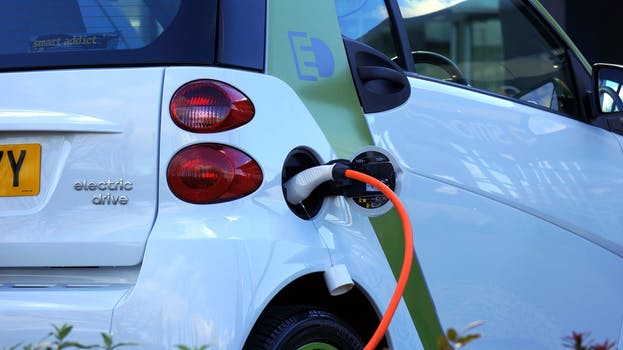When Jaguar Land Rover followed in the tracks of Volvo last week with its shift to an electric-powered future, the car maker didn’t just talk about hybrids and batteries.

Its chief executive also showed that his company, like governments and oil firms, is finally waking up to the global shockwaves electric cars will bring about. They are far more profound than whether drivers top up via a pump or a plug.
Ralf Speth cited the impact battery-powered cars will have on oil demand, and the “considerable stress” that could have for major oil-producing countries’ budgets.
“Many [governments] could be forced to impose substantial spending cuts within the next five years, straining living standards and so creating unrest in areas already suffering from instability. So changes in mobility, in technology, will change the geopolitical map of the world,” he said.
Those changes seem a lot closer after this summer’s rush hour of electric car announcements.
Carmakers have queued up to pledge that soon all their new models will be either hybrids or electric. Elon Musk’s Tesla delivered the first production versions of its mass market Model 3.
The UK and France said sales of petrol and diesel cars would be banned from 2040, while a bank predicted all new car sales in Europe would be electric five years before that.
Read more: The Guardian


